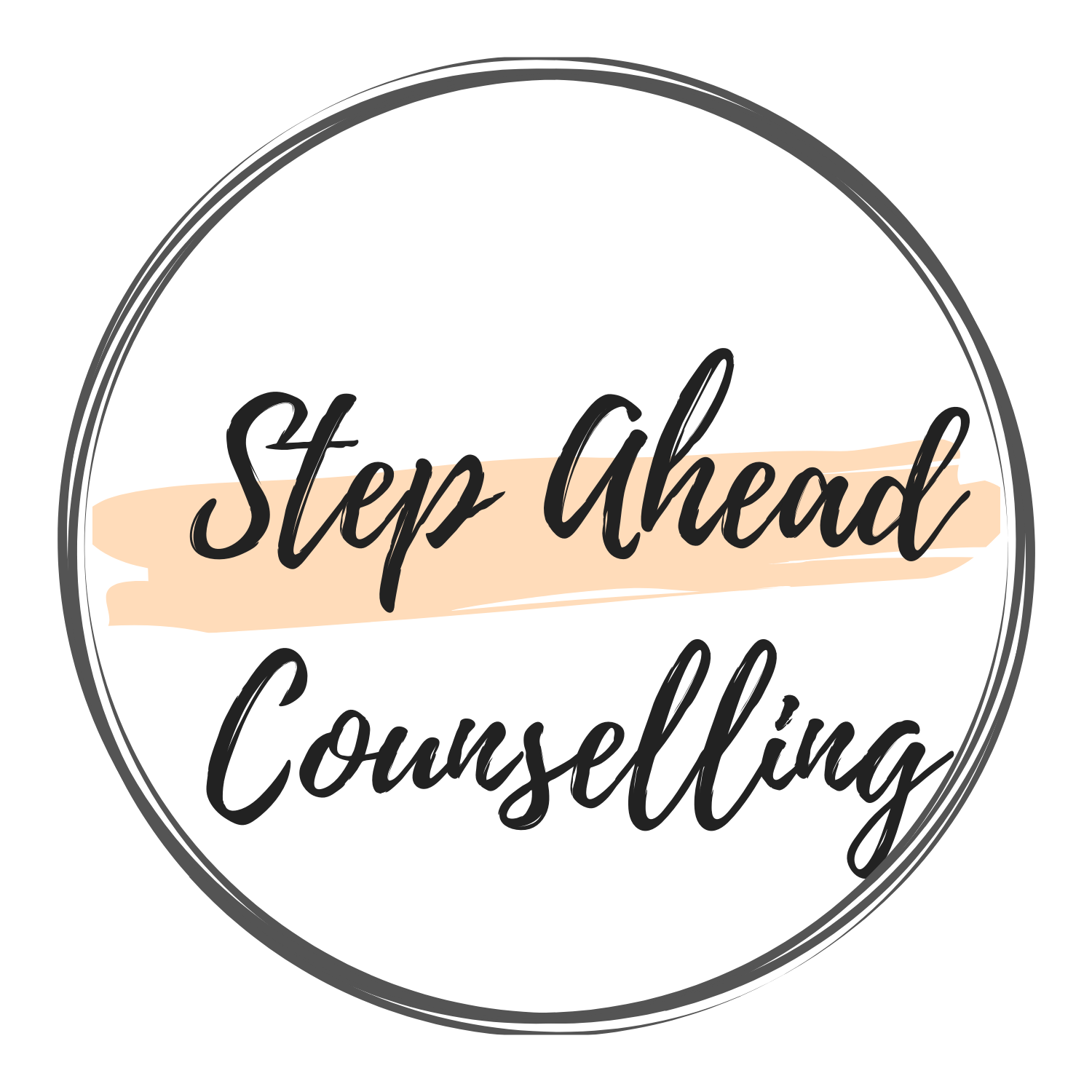Pandemic fatigue
Pandemic fatigue
Last year in March 2020, we saw the word ‘unprecedented’ used more times than ever before in respect to COVID19. Unprecedent means without previous instance; never known or experienced; unexampled or unparalleled: an unprecedented event.
Truly, regarding COVID19 these were unprecedented times. Most of us were living in a new world. A world of lockdowns, physical distancing, working from home, home-schooling children, job insecurity, panic, and fear about the new virus, and it’s safe to say we all had some type of disruption in our life.
Fast forward 18 months later, and many of us are still living in this not-so-new world, except the times are no longer unprecedented. We have at least 18-months’-worth of known experience, and for many people this ongoing exposure to stressful situations, can leave us feeling physically and mentally exhausted and in a state of pandemic fatigue.
What is pandemic fatigue?
Pandemic fatigue is the impact to the ongoing exposure to COVID 19 and the restrictions and stressful situations we must exist in. This can leave us feeling physically and mentally exhausted and in turn, in a state of fatigue.
Pandemic fatigue is real, and it is absolutely understandable. Many of us saw 2021 as a fresh start, an end to a year of firsts due to COVID19. However, the reality is anything but a fresh start. Melbourne is experiencing their sixth lockdown, NSW is in a state of crisis worse than ever, our tourism and hospitality industry is crumbling around us, and we are all wondering when the end is in sight.
What are the effects of pandemic fatigue on our mental health?
The result of COVID19 for many of us has been that we have experienced bereavement, isolation, fear, boredom, and loss of income which are triggering mental health conditions or exacerbating any existing ones.
As such, many people are turning to unhealthy ways of coping such as, increased levels of alcohol and drug use, which in turn can exacerbate anxiety and can cause insomnia and further stress on our mind and body which can lead to depression.
Additionally, with the ever-changing precautions and restrictions relating to the pandemic, people are just worn out and fed-up keeping track of the restrictions and how long they will last, and the lack of activities for one to engage in during these times.
These restrictions also mean that a lot of people who live alone and who are single, are feeling isolated and struggling to cope with their loneliness.
Coping mechanism for pandemic fatigue
1. Self-care is a must. During stressful times we need to deliberately carve out breaks to restore and replenish our reserves. This can include taking a bath, reading a book, or going for a walk. It is important to be intentional with your time. Sitting on your phone or binge-watching Netflix may seem unwinding, but it can be a numbing and avoidance behaviour. Spend time intentionally and do things that give you meaning.
2. Plan, and use your annual leave to recharge. For many of us, our assumption is that we don’t need to take a break, because our lives already feel like they’re on hold, and unfortunately this means we’re leading ourselves to a point of exhaustion. There’s lots of evidence about the benefits of taking a decent break regardless. Particularly when you recognise signs of stress such as not sleeping well, changes in appetite and energy, or needing to partake of more alcohol. It’s important to find space close to home by going to a new environment where you feel less crowded, less stressed, and less pressured.
3. Take a vacation from news and social media- Tuning in to negative stories on TV or on social media can fuel dread, uncertainty, anxiety, and fatigue. If you’re hooked on checking social feeds on your phone, remove the apps and deliberately stay off social media. If this is too difficult, try scheduling two, 15-minute “check-in” sessions each day with a healthy break in between. If you’re purposely watching news shows that are stressing you out, cut the cord, read a book, listen to music, or purposely watch shows or movies that transport you to calmer times and places.
4. Create some predictable routines. Focus on managing the things you have control over. Although it is hard to control the pandemic and restrictions, you can control your thoughts and what you do on a daily basis. Focus on the things that will make you feel better, such as eating a healthy diet, exercising regularly, practicing self-care, prioritising your mental health, or anything else you feel will help you.
It’s completely understandable to be tired of and frustrated by the pandemic. But don’t let the feelings take away from your health and happiness. Try to stay positive, practice gratitude for all the good things in your life, be kind to yourself and others, and use the above strategies to cope as best you can. If you find you’re still struggling, please reach out, I am here for you: Step Ahead Counselling: Step Ahead Counselling
\
